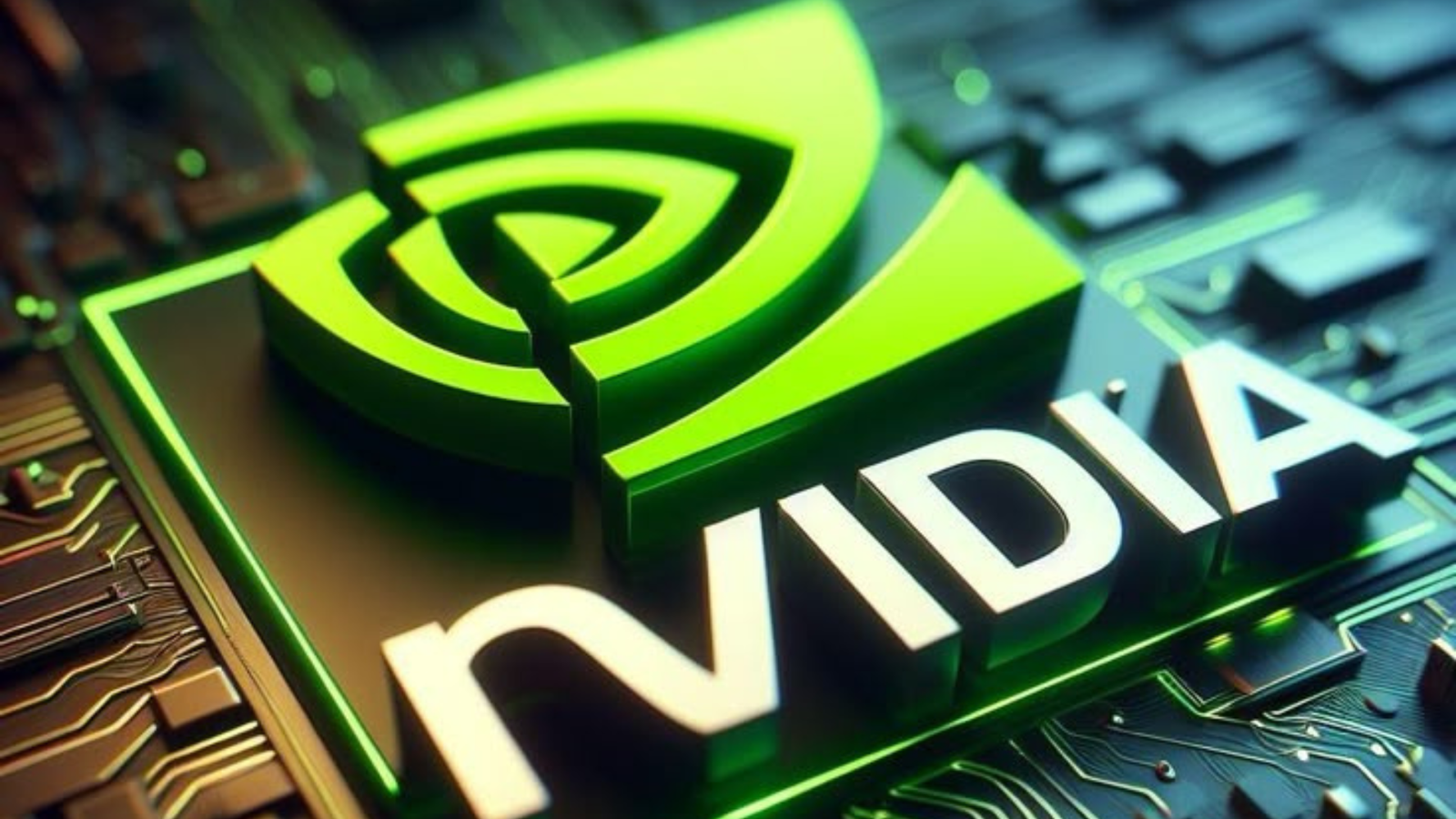AI is no longer just a buzzword; it is now the backbone of innovation throughout the world. With its global adoption, control, ownership, and autonomy are coming into play wherever there is an increase in influence. This is the moment for "Sovereign AI". Leading the way is NVIDIA, and their CEO Jensen Huang has issued a clarion call for Europe to create its AI infrastructure, without the dominance of U.S. tech companies.
At this year’s major tech forums across Europe, Huang’s message was clear: if AI is the new oil, then every nation should have its own reserves. The call for “Sovereign AI” isn’t just about pride; it’s about data ownership, security, innovation freedom, and sustainable tech infrastructure.
What Is Sovereign AI?
"Sovereign AI" is an ecosystem in which a country, and in this case, a region such as the European Union, builds and operates its own AI systems, on domestic data centers, employing local talent, using relevant models. This push is driven in part by concerns about data privacy, geopolitical context, and by the realization that all the investment and concentration of AI development is happening in the U.S. and China.
To put it another way, it is about developing home-grown AI that is culturally relevant, meets the legal requirements of citizens, and is more economically favorable to the region.
Why Is NVIDIA Leading This Movement?
NVIDIA has become the unofficial hardware backbone of the AI boom. Its GPUs power everything from ChatGPT to AI in hospitals, banks, and factories. But Jensen Huang recognizes that even though NVIDIA supplies the "engines," the ownership of the roads (data, infrastructure, legal frameworks) should belong to the countries themselves.
During his European tour, Huang stated that “Every country needs to own their own data, develop their own AI infrastructure, and train their own AI models.” He envisions a world where European AI runs on European data centers, complies with EU data protection laws, and serves the specific needs of its citizens.
Why Europe, Why Now?
Europe has long been a global leader in digital privacy and regulation. The General Data Protection Regulation (GDPR) set the standard for data use and compliance. But ironically, Europe still relies heavily on American infrastructure and models when it comes to AI tools.
The need for a sovereign system is now amplified by several factors:
Geopolitical Shifts: With tensions between major tech superpowers escalating, reliance on foreign AI platforms could become a national security issue.
Economic Resilience: Homegrown AI infrastructure means more local jobs, startups, and investment in R&D.
Data Sovereignty: European laws require that user data be handled according to strict protocols. Hosting AI models locally ensures compliance and boosts trust.
Tailored Innovation: Different regions have different needs. Sovereign AI enables the development of models suited for European languages, healthcare systems, legal environments, and cultural nuances.
Steps Already Underway
Following Huang’s call to action, several European governments and enterprises have begun ramping up efforts:
Data Center Expansion: Projects are underway to build massive GPU-powered data centers across France, Germany, and the Nordics.
Talent Development: Universities and tech hubs are partnering with NVIDIA and other leaders to train the next generation of AI scientists and engineers.
Startups & Open Source: There's a noticeable rise in EU-funded startups working on localized AI, with open-source models gaining popularity for greater transparency.
Challenges Ahead
Of course, the road to sovereign AI isn’t without its obstacles:
High Costs: Infrastructure, hardware, and skilled labor don’t come cheap.
Time-Intensive: Building truly independent AI ecosystems could take years, if not decades.
Global Compatibility: Even sovereign systems must still collaborate internationally—balancing independence with interoperability will be key.
What It Means for the Future of AI
The “Sovereign AI” movement is more than a technical endeavor—it’s a philosophical and economic shift. It means rethinking where innovation comes from and who controls the future of AI. For Europe, it’s a chance to assert technological leadership, foster safer digital spaces, and empower citizens and industries alike.
NVIDIA’s call for Sovereign AI in Europe is more than just a strategic move—it's a wake-up call. In an age where AI is deeply embedded in every decision, owning your digital future isn’t optional—it’s essential. As Europe rises to this challenge, the rest of the world will be watching—and likely, following.
At Skill Bloomer, we see this as a defining trend for the next wave of digital transformation. Whether you're a business leader, a startup founder, or an AI enthusiast, the shift toward sovereign, ethical, and regionally tailored AI will shape the tools you use, the platforms you build on, and the data you trust.
.svg)
.svg)

 For Instructor
For Instructor

